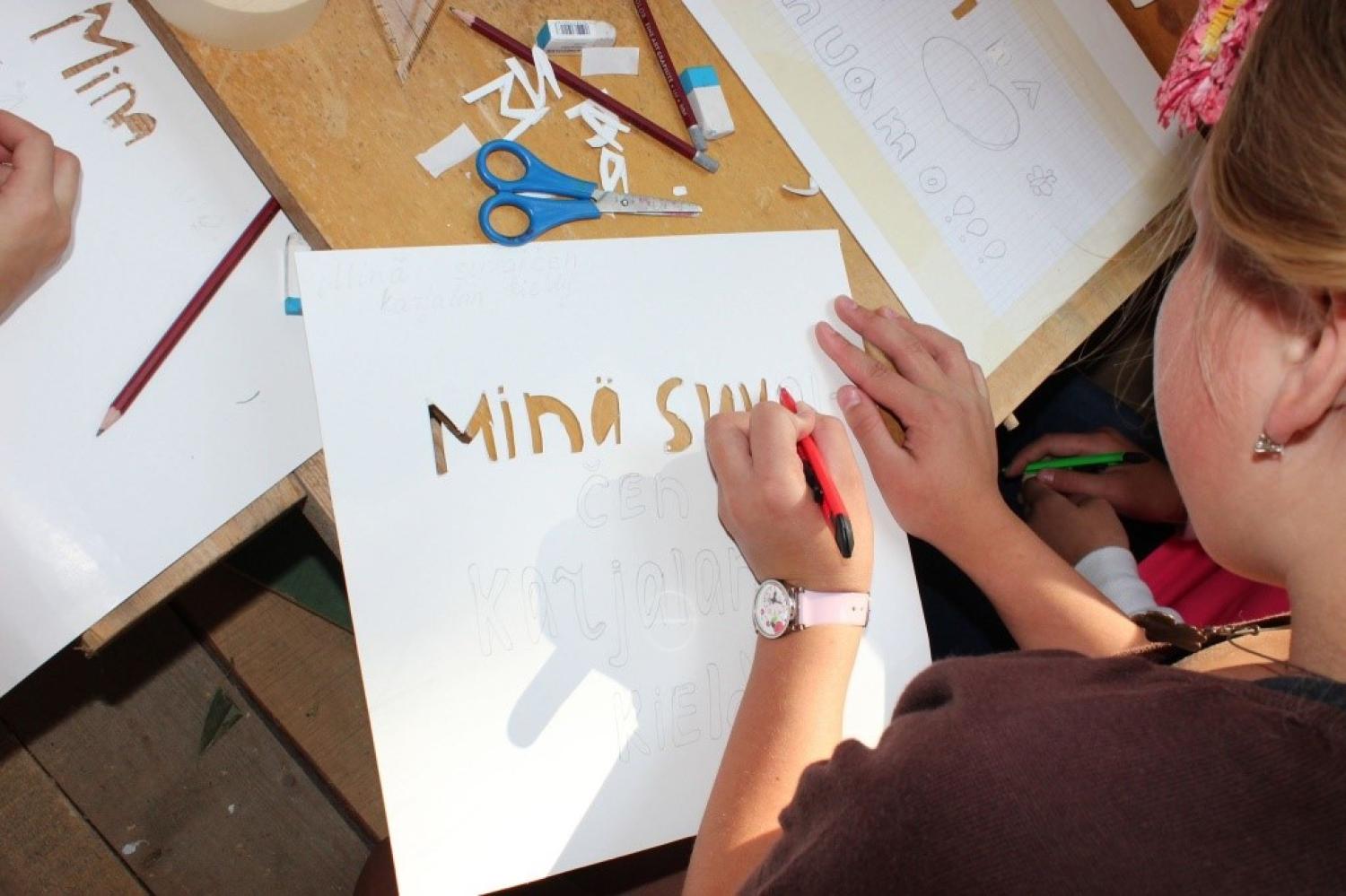Karelian and other Indigenous Languages of Russia: endangerment and revitalization efforts

All indigenous languages in Russia are endangered to differing extents, and in most cases their transmission from generation to another is damaged or interrupted. Indigenous language communities are interested in urgent revitalisation projects and long-term planning, while the authorities are seeking to promote «good practices» and «centuries-long experience» in safeguarding linguistic diversity. Karelian, Komi, Mari, Nenets, Sami and dozens of other languages will not survive without a logical and effective model for coexistence of endangered and dominant languages that includes setting priorities, restoring prestige, and promoting true revitalisation activities. As the world prepares for the United Nation’s International Decade of Indigenous Languages 2022-2032, my research considers questions of how to make expectations a reality and who should participate in language policy development and implementation in Russia and beyond.

